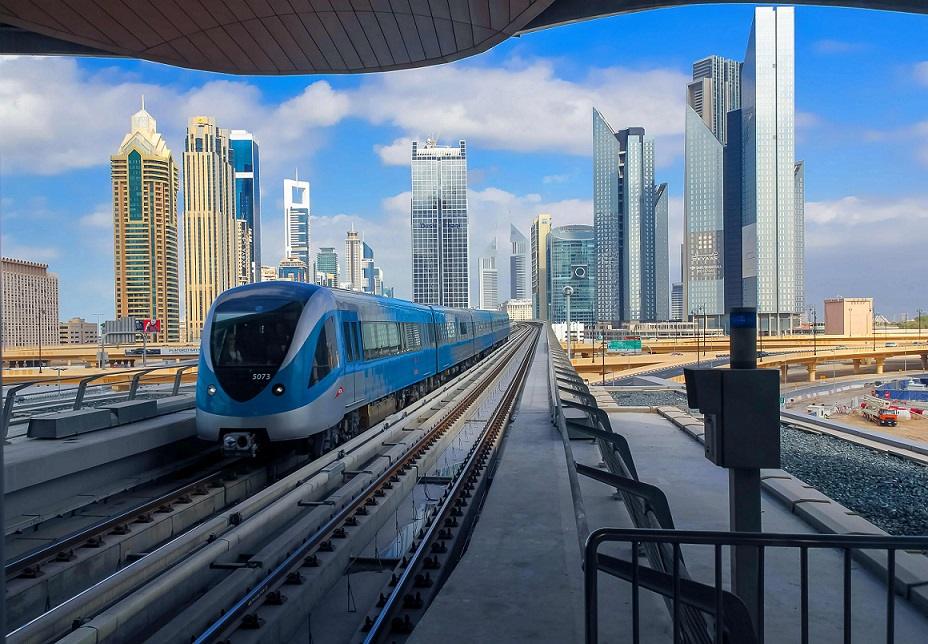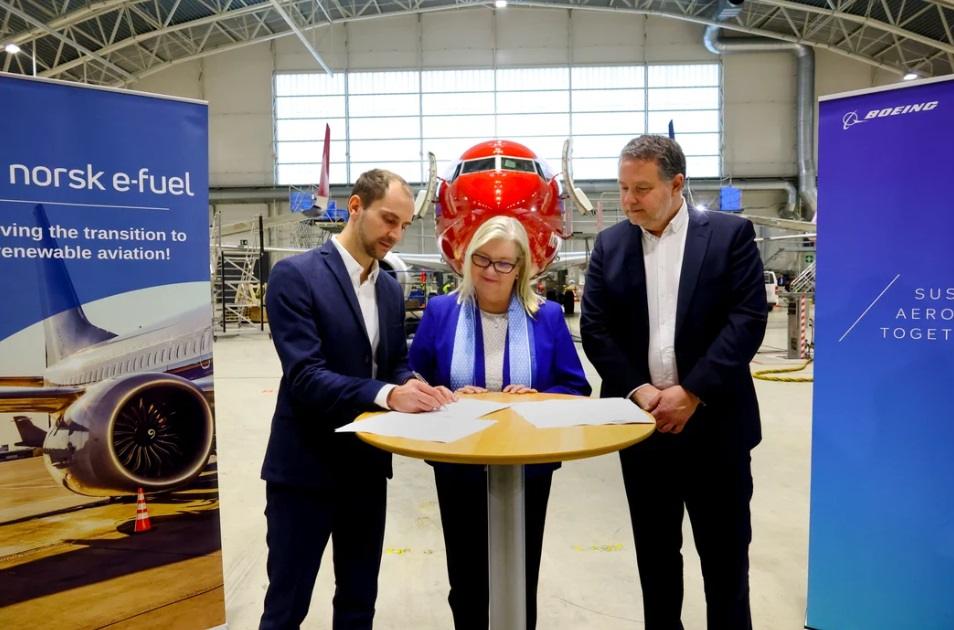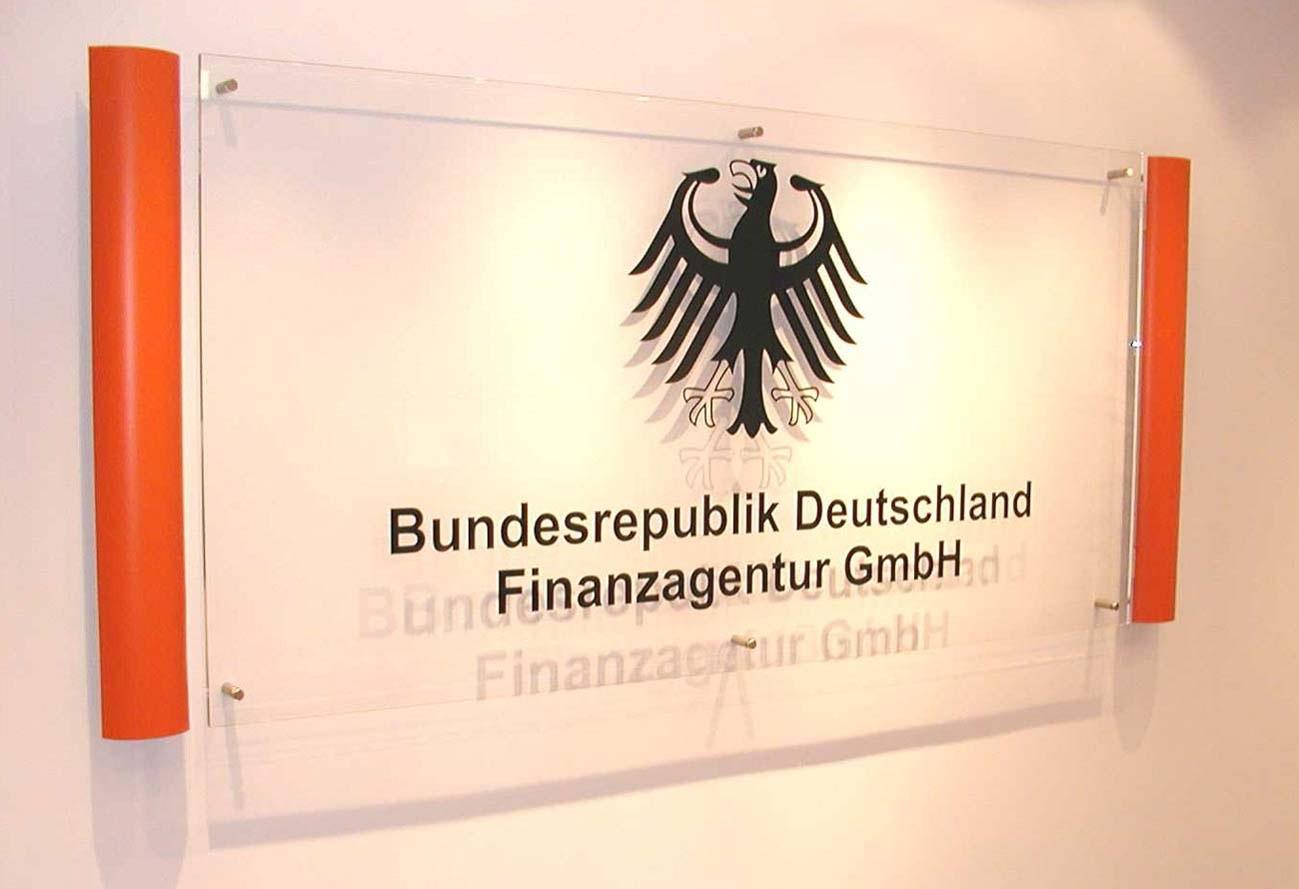Dubai’s RTA Launches Net Zero Strategy Targeting 10 Million Tonnes of CO2 Emissions Reduction
Dubai’s Roads and Transport Authority (RTA) announced the launch of its Zero-Emissions Public Transportation in Dubai 2050, aimed at transitioning its operations to net zero by 2050, and with plans to minimize its carbon footprint across key areas including public transportation, buildings and related facilities, and waste management.
According to the RTA, the new strategy will result in 10 million tonnes of carbon dioxide emissions reductions, and financial savings of AED 3.3 billion ($USD 900 million).
Mattar Al Tayer, Director-General and Chairman of the Board of Executive Directors, RTA said:
“The new strategy outlines a comprehensive approach to sustainability within RTA. Its primary objective is to enhance sustainability and reduce carbon dioxide emissions. At the same time, it contributes to realising RTA’s mission of achieving global leadership in smooth and sustainable mobility through innovative roads and transport services that elevate the customer experience to world-class standards.”
Under the new strategy, the RTA aims to reach net zero emissions in public transportation, buildings and facilities, and waste management, with including decarbonizing all taxis, limousines, and public buses, designing buildings with near-zero energy consumption, sourcing energy from renewable sources, and eliminating municipal waste by sending zero waste to landfills.
The authority also outlined a series of interim targets for each category, including converting 10% of public transport buses to electric and hydrogen by 2030, 40% by 2040 and 100% by 2050; retrofitting buildings and facilities with solar cell systems, with 74% of buildings upgraded by 2030, 100% by 2045 and having all new buildings be near zero energy by 2025, and; implementing plans to reuse and recycle 100% of municipal waste by 2030, as well as increasing the use of recycled water in buildings and facilities to 40% by 2050.
Al Tayer added:
“The new strategy encompasses ten initiatives, covering various RTA sectors and agencies, in addition to partnerships with the private sector that contribute to implementing the strategy over five years. The strategy will review, adjust and align future goals with changing circumstances.”





